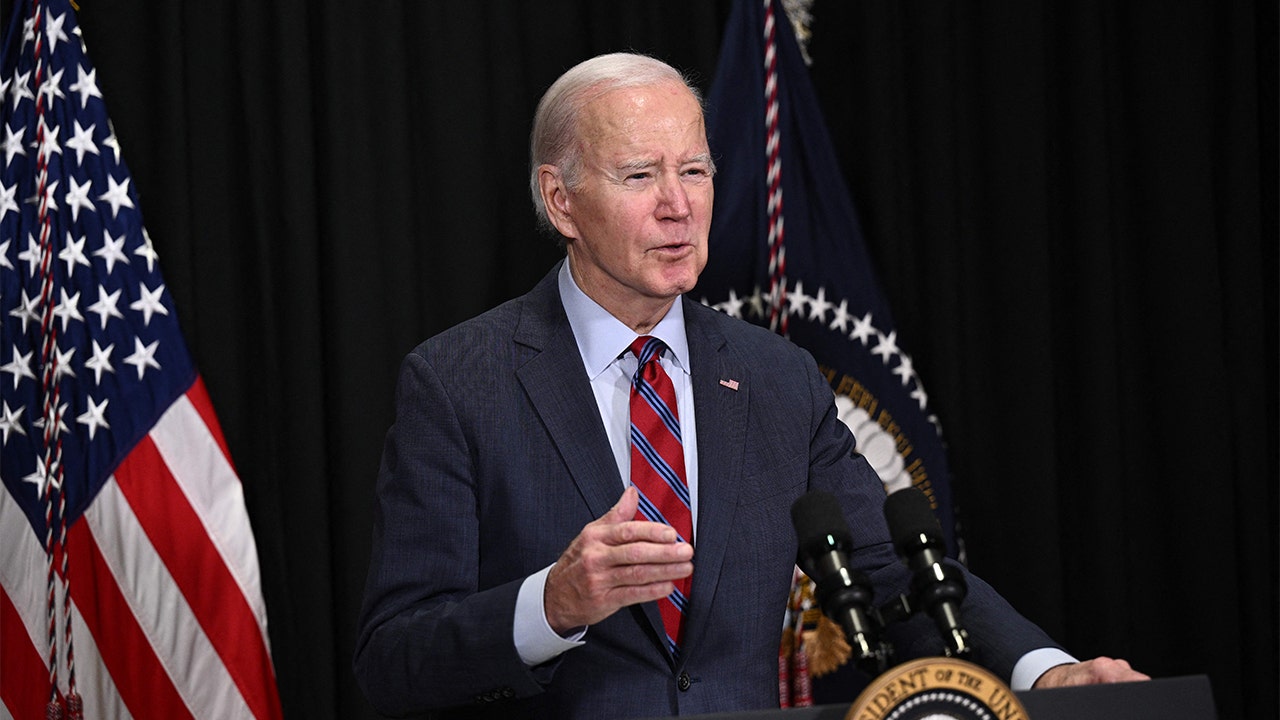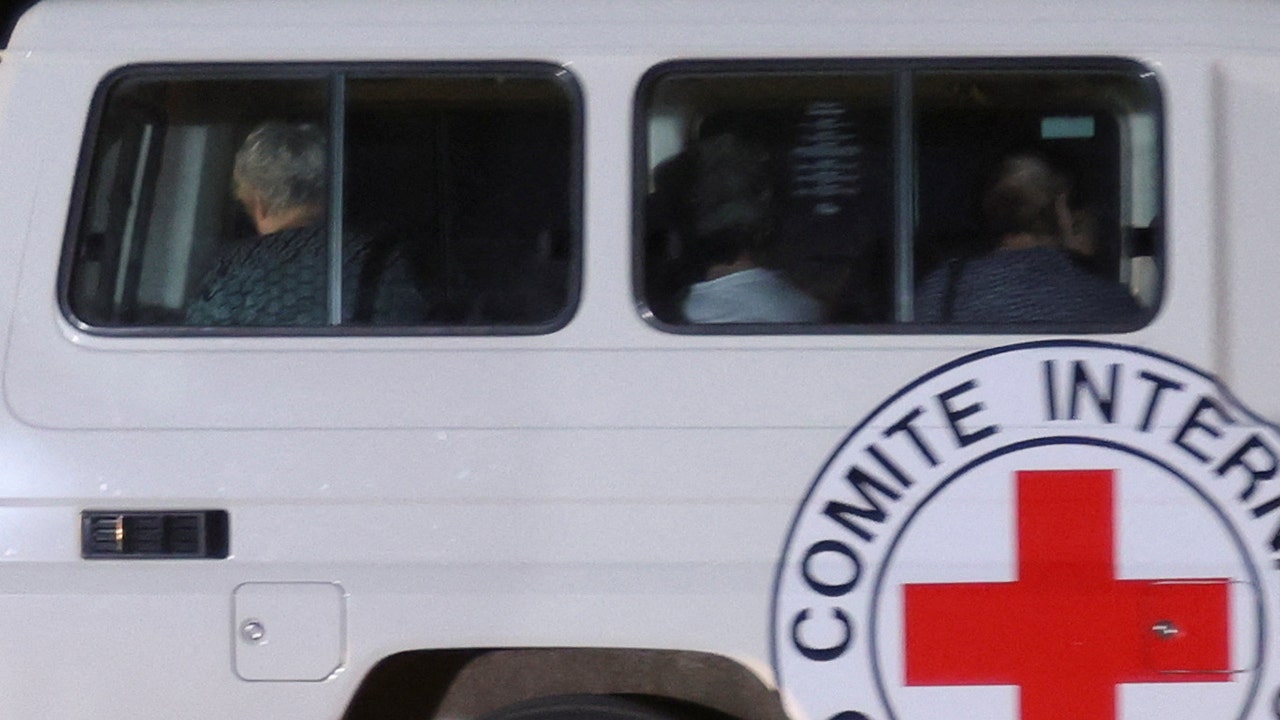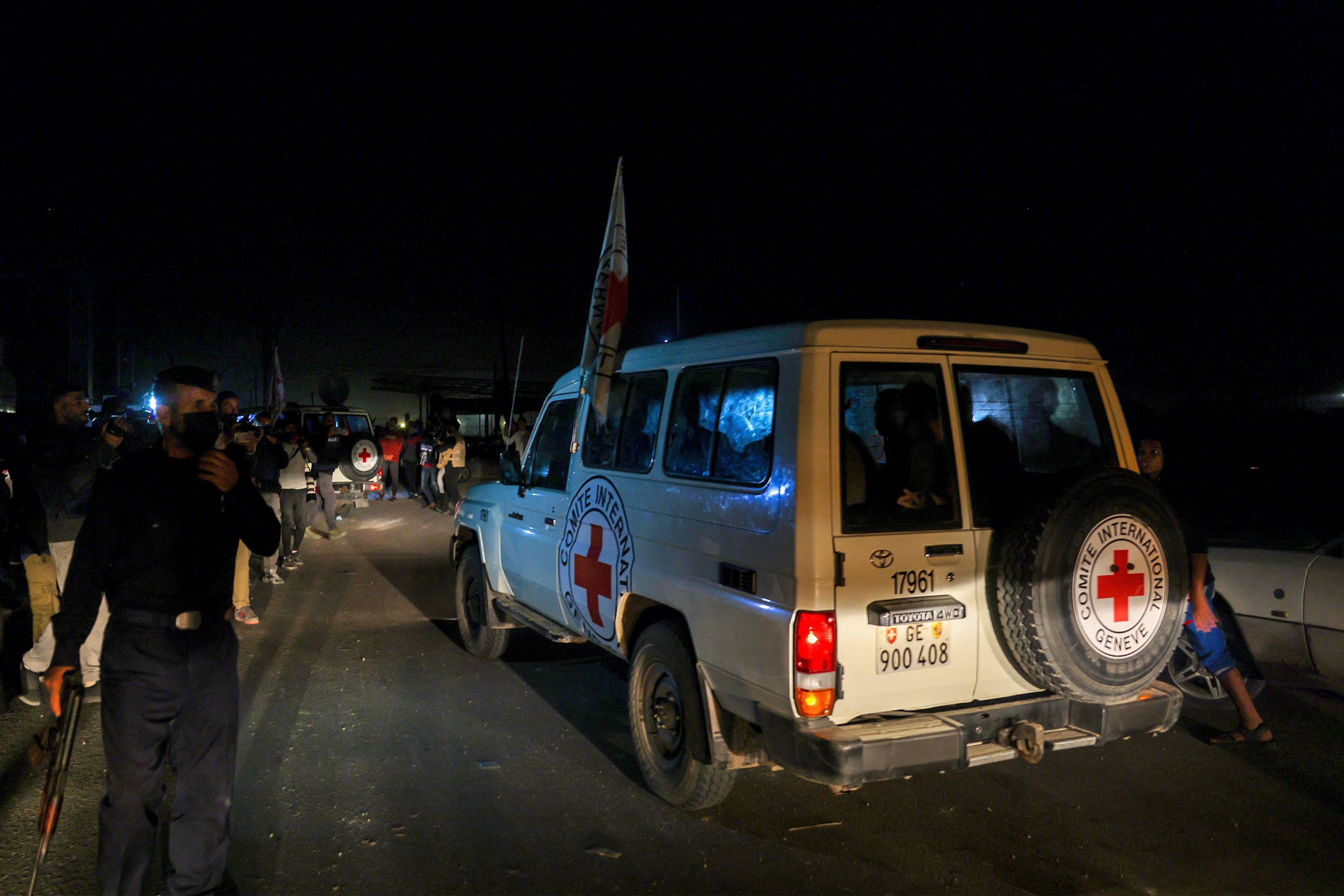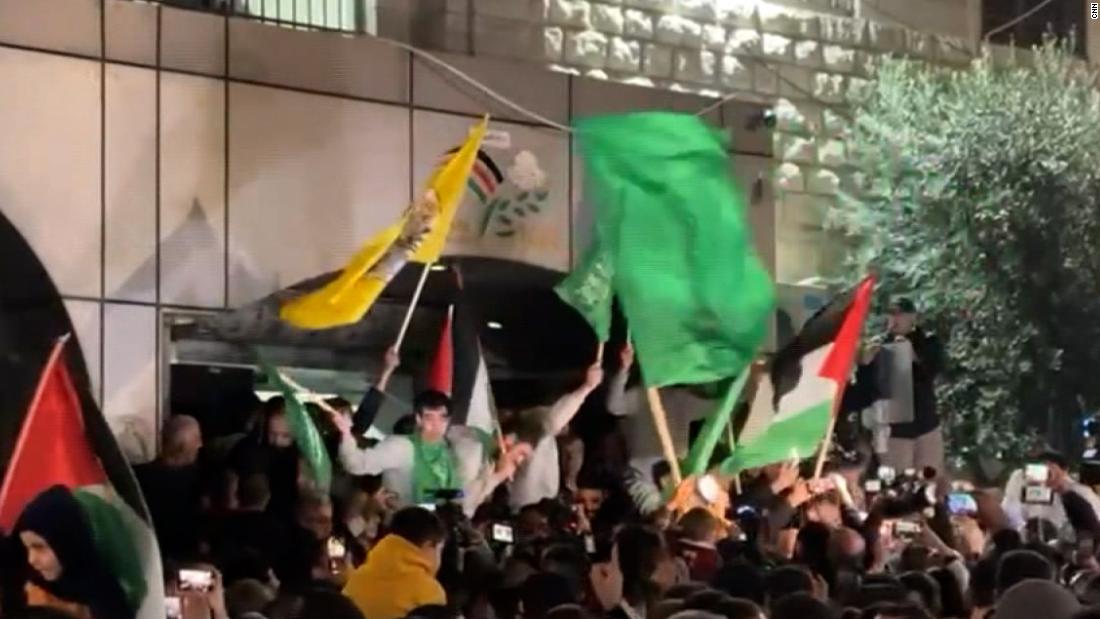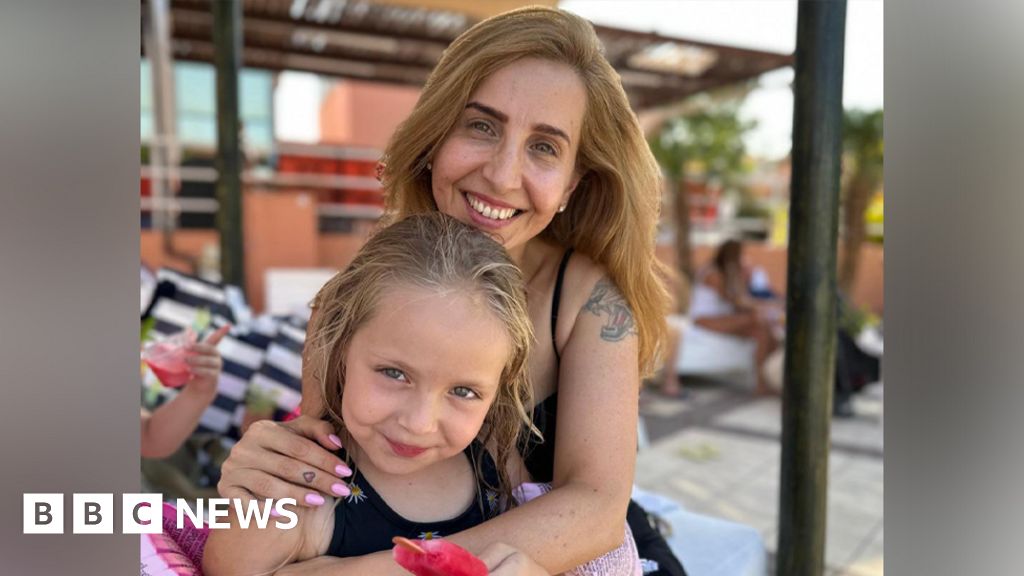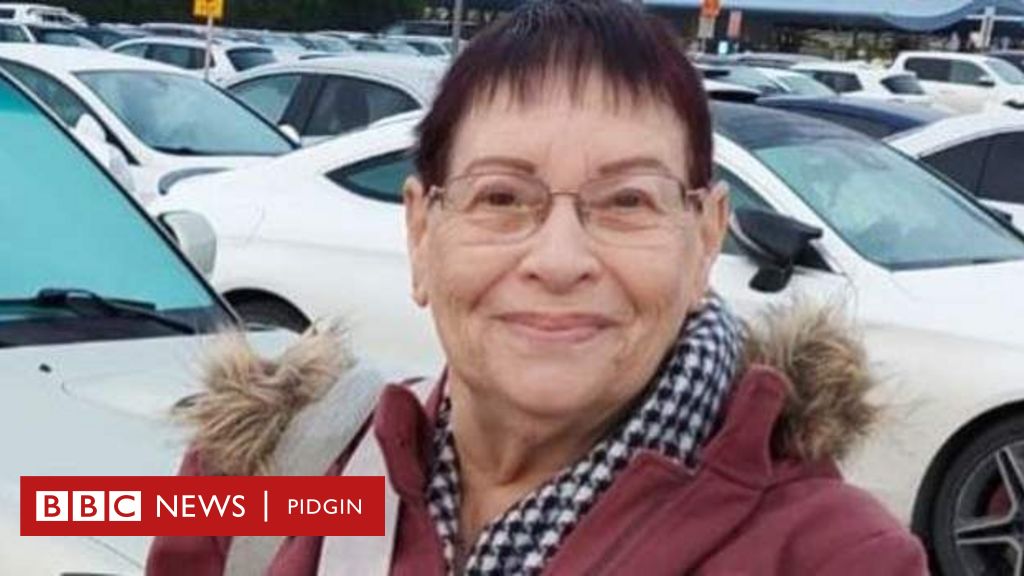After nearly 7 weeks of war, the temporary truce between Israel and Hamas has begun
A MARTÍNEZ, HOST:
Some of the hostages who were held by Hamas in Gaza are free this hour. The Israeli Foreign Ministry says 12 people from Thailand have made it out of Gaza by way of the Rafah Border Crossing with Egypt. Officials in Cairo say that happened because of a deal they were able to make with Hamas apart from the wider prisoner exchange negotiated by Qatar, Egypt and the United States. The release came hours after the start of a temporary cease-fire in the conflict that began after Hamas attacked Israel on October 7th. Some 1,200 people were killed in that attack. Israel responded with intense air and ground assaults on Gaza, and Palestinian officials say at least 12,000 people have died in those attacks.
NPR correspondents Daniel Estrin in Tel Aviv, Israel, and Brian Mann in the Israeli-occupied West Bank have been following all of this. Daniel, let's start with you. What do we know about the Israeli hostages who are expected to be reunited with their families today?
ell, we're actually learning tonight that both Israeli women and children and also Thai workers who have been working in Israel and were taken hostage the night - the day of October 7th, 24 people in total, are being released, have been released. That's according to the International Committee of the Red Cross. Our producer, NPR's producer in Gaza, Anas Baba, filmed some extraordinary footage this evening at the Rafah Border Crossing as four Red Cross vehicles crossed from Gaza into Egypt. He filmed at least two of them with Western women inside. One of them we saw waving at the crowds. I saw in that footage a woman with a young child on her lap. And this is something that comes after a very long day of anticipation. The Israeli military had released images of the helicopter that it's going to take the Israeli and Thai hostages to a reception center, then to hospitals, and the Israelis will be reunited with their families. But social workers are saying that some of them will have to be told that their friends and relatives were killed in the Hamas attacks October 7. This is Sarit Sarfatti from Israel's welfare ministry.
SARIT SARFATTI: We will have to break the news to them very soon. This is something that cannot be delayed because we don't want them to find out the bad and the sad news by rumors.
ESTRIN: And, you know, Hamas has said that over the course of the next four days, it will be releasing a total of some 50 people.
A MARTÍNEZ: What about this four-day cease-fire that just began a few hours ago? Is it holding?
ESTRIN: It is mostly holding, although it was a chaotic day in Gaza. Eyewitnesses said that Israeli troops fired on people who tried to go back to their homes in northern Gaza, in the area that Israeli troops had occupied. There were reports of several killed and wounded. The Israeli army says its troops are stationed along the agreed-upon line for the cease-fire, but they would not comment on these reports of shooting. The army had been forbidding people from returning to their homes in northern Gaza. There are many, many people in southern Gaza now who will be receiving aid that came in from Egypt.
A MARTÍNEZ: Brian Mann, you're in the West Bank city of Ramallah. What are you hearing about the Palestinians who are due to be released?
eah, the 39 Palestinians are expected to be freed today. I'm here at a commercial checkpoint on the outskirts of Ramallah, where this is - part of the transfer is supposed to happen. About eight prisoners is supposed to be released here. It's a chaotic scene. It's already dark here at this hour. And there are hundreds of young men gathered here. There are bonfires lit, people waving green Hamas flags. And already, tear gas has been fired. The people who are going to be released are all young, under the age of 18. I spoke with one mother whose 16-year-old daughter is about to be released. She was overjoyed. But again, a very tense situation here as we wait for the first prisoners to come across.
A MARTÍNEZ: And how are Palestinians in the West Bank reacting to this?
MANN: Well, it's really complicated. There's anger and resentment, of course. It built up over decades of Israel's occupation - but also more anger because of the ground assault in Gaza. People here say Hamas' attack October 7 didn't start this violence. It's part of a longer history. And they also fear what's going to happen after this truce ends. I spoke with Raj Hade (ph), who teaches physics at a school here in Ramallah.
RAJ HADE: I feel good for the people to have a rest from the bombardment, but this is not the solution. This massacre has to be stopped, not to give the people four days of rest. It's a massacre. They are slaughtering children. And this has to be stopped.
MANN: Hade says he wants other Arab and Muslim countries to defend Gaza from Israel's military if the fighting resumes, as we expect next week.
A MARTÍNEZ: And, Daniel, really quick, any hope that this pause could be permanent?
ESTRIN: Well, Israel has said that it will be continuing the war on Gaza after these several days of pause. But here, outside the Tel Aviv Museum of Art, there are a lot of supporters of the Israeli hostage families. They feel, they're telling, us a mix of happiness and sadness because many, many more hostages are still in Gaza. And, of course, we're hearing from Gaza people also feeling depressed that the war will continue.
A MARTÍNEZ: That's Daniel Estrin in Tel Aviv and Brian Mann in the Israeli-occupied West Bank. Daniel, Brian, thank you.
ESTRIN: You're welcome.
MANN: Thank you. Transcript provided by NPR, Copyright NPR.

